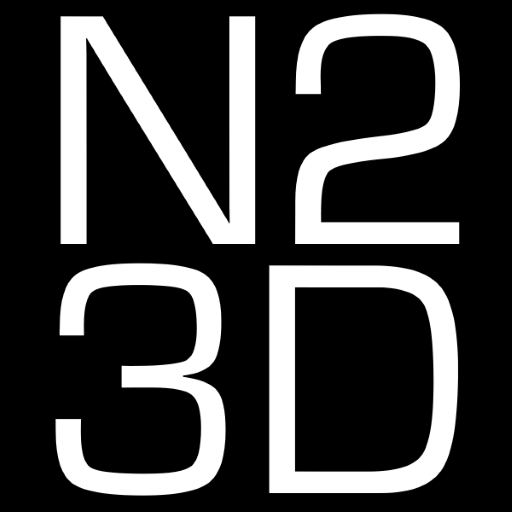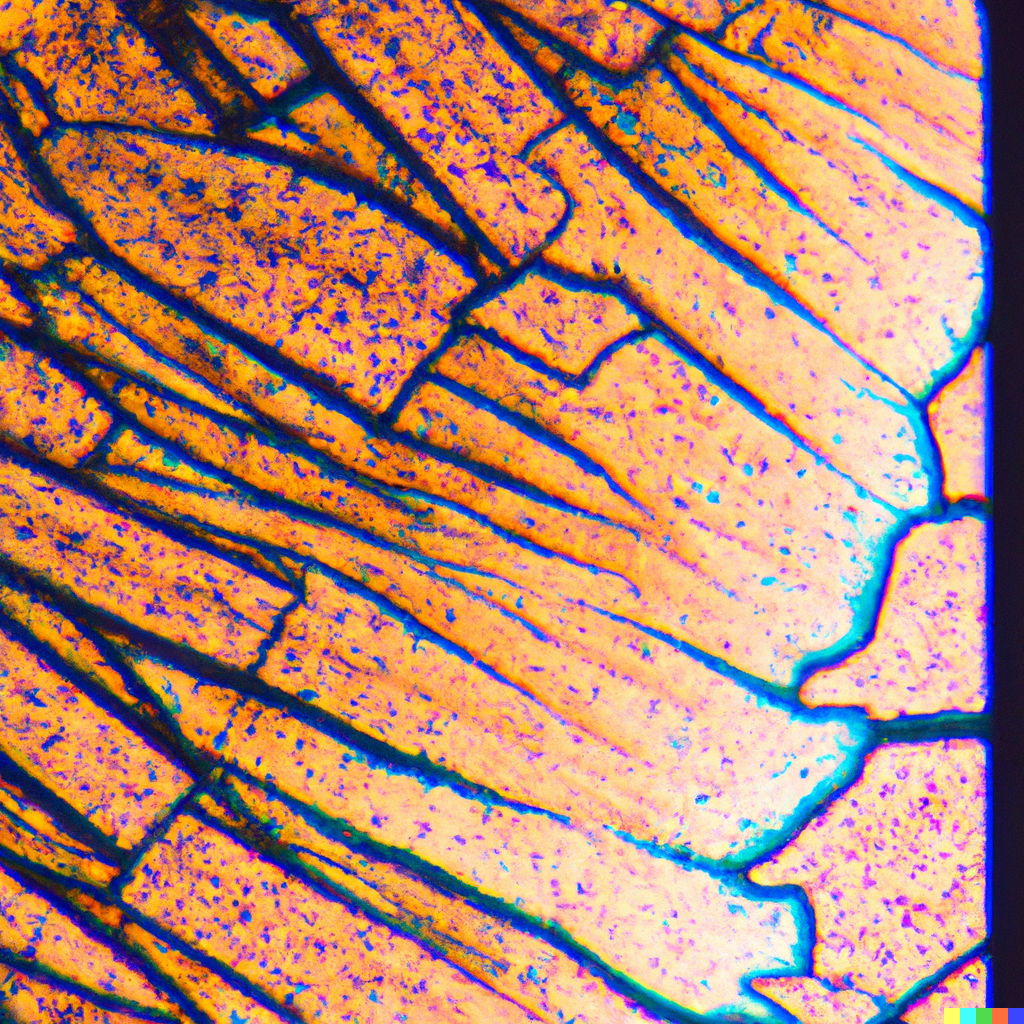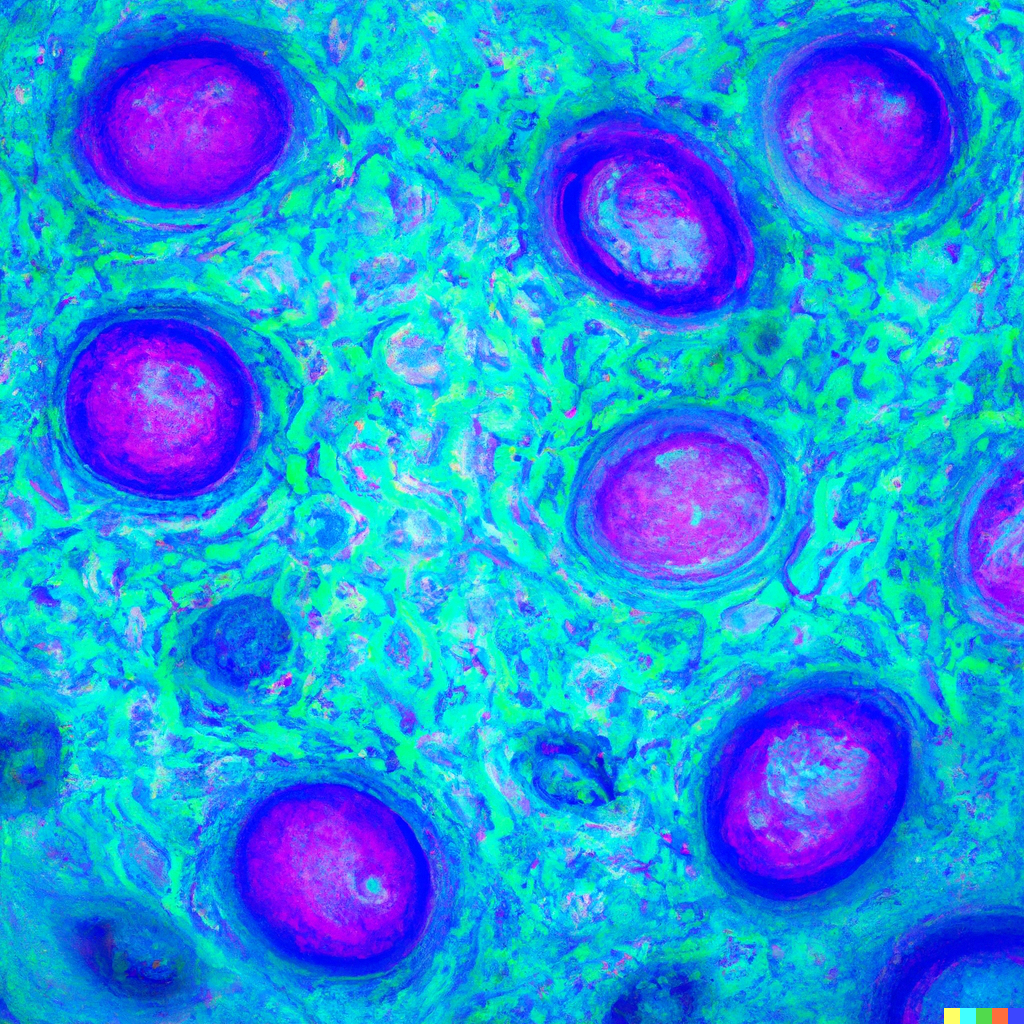Power Systems Engineering is a branch of electrical engineering that deals with the generation, transmission, and distribution of electrical power. There are several specializations within this field, some of which include:
- Power Generation: This specialization focuses on the design and operation of power plants, including conventional fossil fuel-based plants as well as renewable energy sources like solar, wind, and hydroelectric.
- Power Transmission and Distribution: This specialization deals with the design and maintenance of the transmission and distribution networks that move electricity from power plants to consumers. This includes high-voltage power lines, transformers, switchgear, and other equipment.
- Power System Protection and Control: This specialization focuses on the design and implementation of protection systems to prevent electrical faults and ensure the reliability of the power system. This includes protective relays, circuit breakers, and other control systems.
- Power Electronics: This specialization deals with the design and development of power electronic systems, including inverters, converters, and motor drives. These systems are used to convert and control electrical power in various applications, such as renewable energy systems and electric vehicles.
- Renewable Energy Systems: This specialization focuses on the design and implementation of systems that utilize renewable energy sources like solar, wind, and hydroelectric power. This includes the design of power electronic systems, power conversion, and energy storage systems.
- Smart Grids: This specialization deals with the development of intelligent and efficient power grids that can monitor and control the flow of electricity in real-time. This includes the use of advanced sensors, control systems, and communication networks to improve the reliability and efficiency of the power system.

Control Systems Engineering is a field of engineering that deals with the analysis, design, and implementation of control systems, which are systems that regulate the behavior of other systems or processes. There are several specializations within this field, some of which include:
- Industrial Control Systems: This specialization focuses on the design and implementation of control systems for industrial processes such as manufacturing, chemical processing, and energy production. This includes the use of programmable logic controllers (PLCs) and distributed control systems (DCS).
- Robotics and Automation: This specialization deals with the design and development of control systems for robotic and automated systems. This includes the use of sensors, actuators, and control algorithms to enable robots to perform tasks autonomously.
- Aerospace and Defense: This specialization focuses on the design and implementation of control systems for aerospace and defense systems such as aircraft, satellites, and missiles. This includes the use of guidance, navigation, and control (GNC) systems to ensure the safety and performance of these systems.
- Process Control: This specialization deals with the design and implementation of control systems for continuous and batch processes such as chemical processing and power generation. This includes the use of advanced control algorithms such as model predictive control (MPC) and adaptive control.
- Biomedical Control Systems: This specialization focuses on the design and development of control systems for biomedical applications such as medical devices and prosthetics. This includes the use of sensors, actuators, and control algorithms to enable these devices to interact with the human body in a safe and effective manner.
- Automotive Control Systems: This specialization deals with the design and development of control systems for automotive applications such as engine and transmission control, vehicle stability control, and advanced driver assistance systems (ADAS). This includes the use of sensors, actuators, and control algorithms to improve the safety, performance, and fuel efficiency of vehicles.

Electronics Engineering is a field of engineering that deals with the design and development of electronic systems, components, and devices. There are several specializations within this field, some of which include:
- Analog Electronics: This specialization deals with the design and development of electronic systems that process continuous signals, such as audio and video. This includes the design of amplifiers, filters, and other analog circuits.
- Digital Electronics: This specialization focuses on the design and development of digital systems, such as computers and digital communication systems. This includes the design of digital circuits, such as logic gates, flip-flops, and registers.
- Embedded Systems: This specialization deals with the design and development of systems that combine hardware and software to perform specific functions. This includes the design of microcontrollers, firmware, and other embedded systems.
- VLSI Design: This specialization focuses on the design and development of integrated circuits (ICs) and systems-on-chip (SoCs). This includes the use of computer-aided design (CAD) tools to design and verify ICs and SoCs.
- Signal Processing: This specialization deals with the analysis, manipulation, and synthesis of signals such as audio, video, and data. This includes the design of digital signal processors (DSPs), filters, and other signal processing systems.
- Power Electronics: This specialization deals with the design and development of electronic systems that convert and control electrical power. This includes the design of power supplies, motor drives, and renewable energy systems.
- Photonics: This specialization focuses on the design and development of devices and systems that use light to transmit and process information. This includes the design of optical fibers, lasers, and other photonic devices.
- Control Systems: This specialization deals with the design and development of electronic systems that regulate the behavior of other systems or processes. This includes the design of control systems for industrial processes, robotics and automation, and aerospace and defense systems.

Telecommunications Engineering is a field of engineering that deals with the design, development, and maintenance of telecommunication systems and networks. There are several specializations within this field, some of which include:
- Network Engineering: This specialization focuses on the design and development of telecommunication networks, including wired and wireless networks. This includes the design of network topologies, routing protocols, and network security systems.
- Wireless Communications: This specialization deals with the design and development of wireless communication systems, including cellular networks, satellite systems, and wireless local area networks (WLANs). This includes the design of wireless protocols, such as Wi-Fi and Bluetooth, and the development of advanced antenna systems.
- Optical Communications: This specialization focuses on the design and development of communication systems that use light to transmit information, such as fiber optic networks. This includes the design of optical transmitters and receivers, optical amplifiers, and multiplexing systems.
- Telecommunication Software: This specialization deals with the development of software for telecommunication systems and networks. This includes the design of software for network management, billing, and customer relationship management (CRM) systems.
- Telecommunication Infrastructure: This specialization focuses on the design and development of infrastructure for telecommunication systems and networks, such as data centers, telephone exchanges, and cell towers. This includes the design of power supply systems, cooling systems, and other infrastructure components.
- Internet of Things (IoT): This specialization deals with the design and development of telecommunication systems that enable the integration of everyday devices and objects with the internet. This includes the design of protocols, such as Zigbee and LoRa, and the development of IoT platforms and applications.
- Broadcast Engineering: This specialization focuses on the design and development of systems for broadcasting audio and video content, including radio and television. This includes the design of broadcast transmitters, antennas, and audio and video processing systems.

Computer Engineering is a field of engineering that deals with the design, development, and maintenance of computer systems and their components. There are several specializations within this field, some of which include:
- Computer Architecture: This specialization focuses on the design of computer systems, including the central processing unit (CPU), memory, and input/output devices. This includes the design of microprocessors, memory systems, and interconnect systems.
- Computer Networks: This specialization deals with the design, implementation, and maintenance of computer networks, including local area networks (LANs), wide area networks (WANs), and the internet. This includes the design of network protocols, network security systems, and network performance optimization.
- Computer Software: This specialization deals with the development of computer software, including system software, application software, and middleware. This includes the design and implementation of programming languages, compilers, operating systems, and software development tools.
- Embedded Systems: This specialization focuses on the design and development of computer systems that are integrated into other devices, such as automobiles, medical equipment, and industrial machinery. This includes the design of microcontrollers, real-time operating systems, and other embedded systems components.
- Computer Security: This specialization deals with the design and implementation of security systems for computer systems and networks, including firewalls, intrusion detection systems, and encryption systems. This includes the development of security protocols and the testing and evaluation of security systems.
- Artificial Intelligence (AI): This specialization focuses on the design and development of computer systems that can perform tasks that typically require human intelligence, such as image and speech recognition, natural language processing, and decision-making. This includes the design of algorithms for machine learning, deep learning, and neural networks.
- Computer Graphics: This specialization deals with the design and development of computer systems that generate and manipulate visual content, including 2D and 3D graphics, animation, and virtual reality (VR) and augmented reality (AR) systems. This includes the design of graphics rendering algorithms, simulation engines, and user interfaces.

Signal processing is a field of electrical engineering that deals with the analysis, manipulation, and synthesis of signals such as audio, video, and data. There are several specializations within this field, some of which include:
- Digital Signal Processing: This specialization focuses on the analysis, processing, and manipulation of digital signals, such as those used in speech recognition, image processing, and digital communication. This includes the design and implementation of digital filters, signal analysis algorithms, and data compression techniques.
- Audio Signal Processing: This specialization deals with the processing and manipulation of audio signals, such as those used in music production, speech recognition, and noise reduction. This includes the design and implementation of audio filters, equalizers, and digital effects.
- Image Processing: This specialization focuses on the analysis and manipulation of images, such as those used in medical imaging, computer vision, and video processing. This includes the design and implementation of image processing algorithms, such as edge detection, segmentation, and image compression.
- Speech Processing: This specialization deals with the analysis and synthesis of speech signals, including speech recognition, speech synthesis, and speaker identification. This includes the design and implementation of speech processing algorithms, such as linear predictive coding, hidden Markov models, and neural networks.
- Statistical Signal Processing: This specialization focuses on the analysis and manipulation of signals using statistical models and methods, such as estimation theory, hypothesis testing, and Bayesian inference. This includes the design and implementation of statistical signal processing algorithms, such as maximum likelihood estimation, Kalman filtering, and particle filtering.
- Biomedical Signal Processing: This specialization deals with the processing and analysis of signals related to biomedical applications, such as electrocardiography (ECG), electroencephalography (EEG), and magnetic resonance imaging (MRI). This includes the design and implementation of signal processing algorithms that can help diagnose diseases and monitor patient health.
- Radar Signal Processing: This specialization focuses on the analysis and processing of signals used in radar systems, such as weather radar, military radar, and air traffic control radar. This includes the design and implementation of signal processing algorithms, such as pulse compression, target tracking, and synthetic aperture radar.

Electromagnetic Engineering is a field of engineering that deals with the study of electromagnetic fields and their interaction with materials and devices. There are several specializations within this field, some of which include:
- Antenna Design: This specialization focuses on the design and development of antennas for wireless communication systems, such as cell phones, Wi-Fi routers, and satellite communication systems. This includes the design of antenna arrays, phased arrays, and reflector antennas.
- Microwave Engineering: This specialization deals with the study and design of microwave systems and components, such as microwave circuits, waveguides, and resonators. This includes the design and implementation of microwave filters, amplifiers, and oscillators.
- Electromagnetic Compatibility (EMC): This specialization focuses on the study and design of electromagnetic compatibility in electronic systems, which includes ensuring that electronic devices can function properly in the presence of other electromagnetic sources. This includes the design of shielding techniques, filtering systems, and the analysis of electromagnetic interference (EMI).
- Magnetic Materials: This specialization deals with the study and development of magnetic materials and their applications, such as in memory devices, hard disk drives, and magnetic sensors. This includes the design and development of magnetic materials with specific properties, such as magnetic anisotropy, coercivity, and magnetic permeability.
- Electromagnetic Wave Propagation: This specialization focuses on the study of electromagnetic waves and their propagation in different media, such as the atmosphere, the ionosphere, and waveguides. This includes the design and implementation of models for electromagnetic wave propagation, such as the ray tracing method, finite element method, and finite difference time domain (FDTD) method.
- Remote Sensing: This specialization deals with the design and development of systems for remote sensing of the earth’s surface, such as satellite systems for remote sensing of weather patterns, climate change, and natural disasters. This includes the design of microwave and infrared sensors, and the development of algorithms for data processing and analysis.
- Electromagnetic Field Theory: This specialization focuses on the mathematical theory of electromagnetic fields and their interaction with materials and devices. This includes the development of models and theories for electromagnetic wave propagation, electromagnetic field interaction with materials, and the electromagnetic field generated by charged particles.

Nanotechnology Engineering is a field of engineering that deals with the design, development, and application of materials and devices with nanoscale dimensions. There are several specializations within this field, some of which include:
- Nanofabrication: This specialization focuses on the design and development of processes and techniques for the fabrication of nanoscale structures and devices. This includes the use of advanced lithography techniques, such as electron beam lithography, nanoimprint lithography, and soft lithography.
- Nanomaterials: This specialization deals with the study and development of materials with nanoscale dimensions, including nanoparticles, nanotubes, and nanowires. This includes the design and synthesis of nanomaterials with specific properties, such as high strength, high conductivity, and high surface area.
- Nanoelectronics: This specialization focuses on the design and development of electronic devices with nanoscale dimensions, such as transistors, memories, and sensors. This includes the use of nanomaterials and nanofabrication techniques to create devices with improved performance and reduced power consumption.
- Nanophotonics: This specialization deals with the study and development of devices that control and manipulate light at the nanoscale level, such as nanolasers, waveguides, and optical fibers. This includes the use of nanomaterials and nanofabrication techniques to create photonic devices with improved efficiency and functionality.
- Nanobiotechnology: This specialization focuses on the design and development of materials and devices with nanoscale dimensions for biological and medical applications, such as drug delivery, tissue engineering, and medical imaging. This includes the use of nanomaterials and nanofabrication techniques to create devices with improved biocompatibility, bioactivity, and targeting efficiency.
- Computational Nanotechnology: This specialization deals with the use of computational methods and simulations to study and design nanoscale materials and devices. This includes the use of molecular dynamics simulations, density functional theory, and finite element analysis to predict the behavior and properties of nanomaterials and nanodevices.
- Environmental Nanotechnology: This specialization focuses on the design and development of materials and devices with nanoscale dimensions for environmental applications, such as water purification, air pollution control, and energy storage. This includes the use of nanomaterials and nanofabrication techniques to create devices with improved efficiency and selectivity.

Power Electronics Engineering is a field of electrical engineering that deals with the design, analysis, and control of power electronic circuits and systems. There are several specializations within this field, some of which include:
- Power Converters: This specialization deals with the design and development of power electronic converters that convert power from one form to another, such as AC to DC or DC to AC. This includes the design of rectifiers, inverters, and DC-DC converters.
- Motor Drives: This specialization focuses on the design and development of power electronic systems that control the speed and torque of electric motors, such as those used in electric vehicles, robots, and industrial machinery. This includes the design of motor drive circuits, pulse-width modulation (PWM) techniques, and motor control algorithms.
- Renewable Energy Systems: This specialization deals with the design and development of power electronic systems for renewable energy sources such as solar, wind, and hydroelectric power. This includes the design of power converters, maximum power point tracking (MPPT) systems, and energy storage systems.
- Power Quality: This specialization focuses on the design and development of power electronic systems that improve the quality of electrical power, such as reducing harmonic distortion, improving power factor, and regulating voltage. This includes the design of active and passive filters, voltage regulators, and voltage source inverters.
- Energy Storage: This specialization deals with the design and development of power electronic systems that store and release electrical energy, such as batteries, supercapacitors, and flywheel energy storage systems. This includes the design of battery management systems, charge controllers, and energy storage inverters.
- High Power Electronics: This specialization focuses on the design and development of power electronic systems that operate at high power levels, such as those used in electric power transmission and distribution systems. This includes the design of high voltage and high current power converters, such as thyristor-based converters and insulated gate bipolar transistor (IGBT) based converters.
- Fault Diagnosis and Control: This specialization deals with the design and development of power electronic systems that can detect and diagnose faults, and take appropriate actions to prevent system failures. This includes the design of fault detection and isolation (FDI) systems, and control algorithms for fault-tolerant power electronic systems.






















